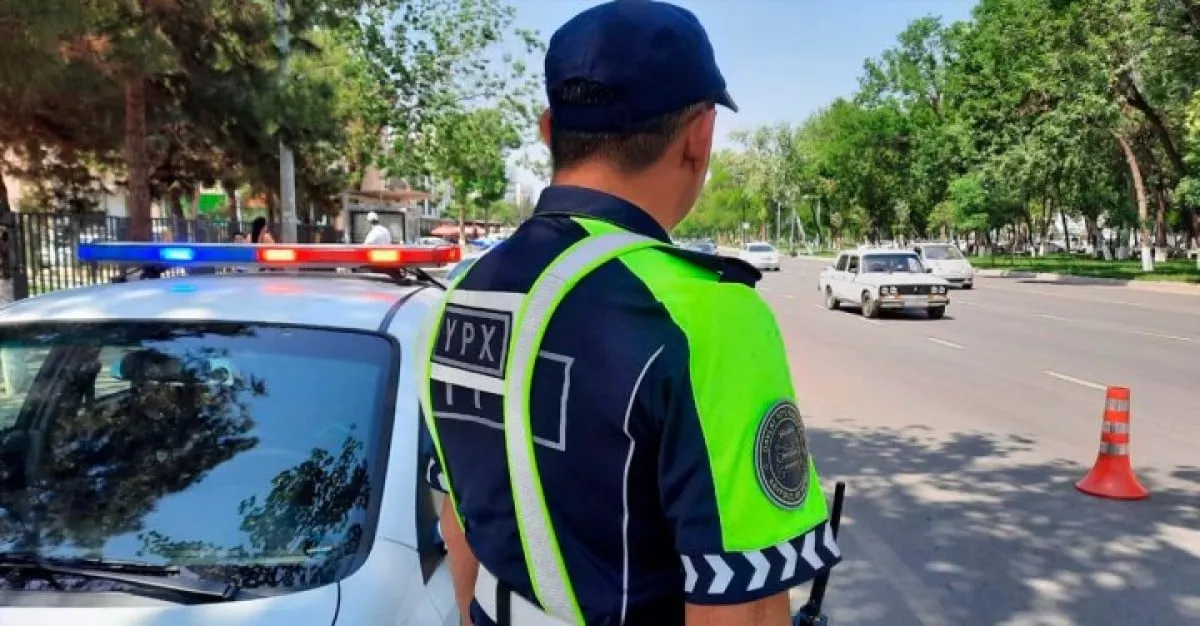Discounts will be removed for violators

The Ministry of Internal Affairs of Uzbekistan has presented a draft law for public discussion aimed at changing the penalties for drivers who systematically violate traffic rules. This was reported by Upl.uz.
The proposal envisages removing drivers' ability to use discounts when paying fines. This initiative is being implemented as part of a broader program called “Strict Violators” and is aimed at improving traffic culture and discipline.
Currently, according to Article 332-1 of the Administrative Liability Code, violators have the opportunity to be exempted from the remaining amount of the fine by paying 50 percent within 15 days or 70 percent within 30 days. However, practice shows that some drivers perceive this system not as support but as an opportunity to regularly violate the rules.
The new draft law provides for strict restrictions for drivers who show careless attitudes towards safety rules. Those who violate the rules several times within a month will not be allowed to pay fines in a simplified manner.
The draft specifically covers the following serious violations: exceeding the speed limit by 40 or 60 km/h or more five or more times; violating a prohibited traffic light signal or regulator’s instruction twice within a month; making two instances of driving in the opposite lane or performing dangerous maneuvers leading to accidents. These cases will revoke drivers' right to use discounts.
These measures are designed to punish aggressive and irresponsible participants in traffic and to combat their violations of safety. According to official data, nearly 20 million violations were recorded last year, highlighting the seriousness of the problem.
The public discussion of the draft law is ongoing, and its adoption could be an important step in combating systematic traffic violations on Uzbekistan’s roads. In some countries, such as Finland, the amount of fines for speeding is determined based on the violator’s daily income.
This system makes penalties fairer and more effective by imposing higher fines on wealthier citizens.

